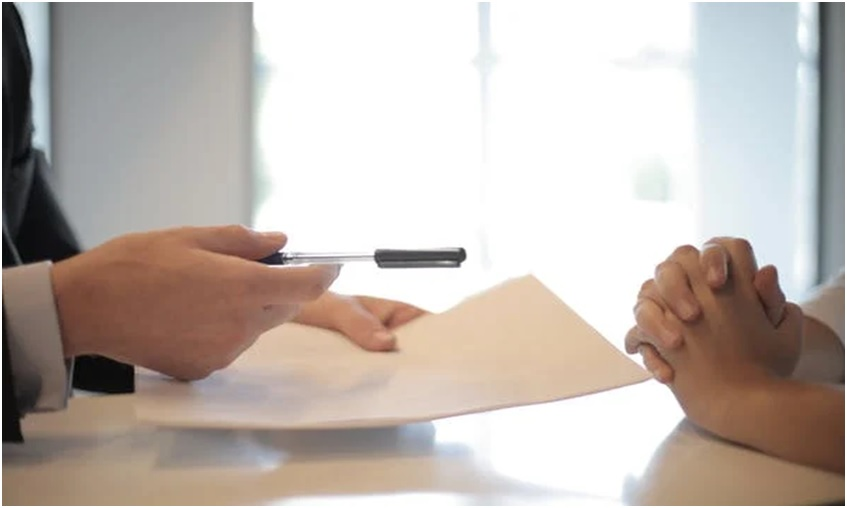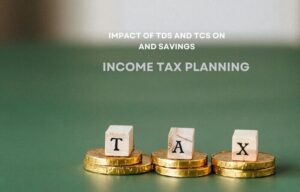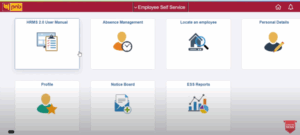Should You Get an Federal Housing Administration (FHA) Loan?

The Federal Housing Administration (FHA) has been insuring home loans since the days of the Great Depression when a burst housing bubble saw millions of Americans defaulting on their mortgages. Today, the FHA insures about eight million loans for single-family homes in the United States. Could you qualify for a loan backed by the FHA? If so, should you get one?
Like any other loan product, FHA loans have their benefits and drawbacks. However, they can make homeownership more attainable for many people with lower credit scores and limited savings. Let’s examine the pros and cons of FHA loans.
Get a Mortgage with a Lower Credit Score
One of the biggest benefits of an FHA loan is that they make homeownership an option for people with lower credit scores. While the pandemic has seen many FHA-approved lenders raise their credit score requirements to at least 620, it is theoretically possible to get an FHA loan with a credit score as low as 500 (and it may still be possible to find such a loan from a lender that specializes in only FHA loans). If you have a score of at least 580, you can get an FHA loan with a minimum down payment. However, the average FHA borrower has a credit score of 647.
Add a Co-Borrower
You can add a non-occupant co-borrower to an FHA loan, which means you can add another borrower to your loan and have their income counted towards your purchasing power, even if they won’t be living in the home. The non-occupant co-borrower has to be related to you by marriage, blood, or law, so it must be a spouse, child, parent, sibling, aunt or uncle, niece or nephew, or step-relation. In some cases, you may add a non-occupant co-borrower who is not related to you, as long as you can provide proof that you have a long-standing, family-type relationship with that person.
Make a Lower Down Payment
Another big advantage of FHA loans is that you don’t need the traditional 20 percent down payment in order to qualify. If you have a credit score of 500 to 579, you can get an FHA loan with 10 percent down. If your credit score is 580 or higher, you can get an FHA loan with 3.5 percent down. This makes FHA loan products much more accessible to borrowers who can’t scrape together the full 20 percent down payment for a conventional loan. However, you will have to pay private mortgage insurance (PMI) for the life of the loan or until you refinance.
Use Gifted Money for Your Down Payment
In fact, you don’t even have to come up with all of the money for your FHA loan down payment yourself. FHA loans are much more lenient when it comes to accepting gifted money, or money from down payment assistance programs, as part of the down payment. So, if you’re getting money towards your down payment from a friend or relative or you’re applying for one of your state’s down payment assistance programs, it’s much easier to get that down payment money approved by the underwriters if you’re getting an FHA loan. You’ll just have to provide a gift letter documenting the gift funds, or, if you’re using down payment assistance, you will need to follow your lender’s guidelines and state rules for documenting the funds during the underwriting process.
Your House Must Meet FHA Livability and Market Value Standards
One of the biggest drawbacks of getting an FHA loan is the inspection requirement. The FHA inspection is different from the home inspection that you should perform during your contingency period. The FHA inspection serves two purposes: it is an appraisal that ensures the home you’re buying is worth the money you’re paying for it, and it’s a safety inspection that should pinpoint issues with livability and safety that must be repaired in order for the home to qualify for the loan.
In order to get a basic FHA loan, the home can’t need more than $5,000 worth of repairs. After that, you’re looking at getting a rehab FHA loan, but the repairs must be able to be completed within six months and they must be done by a qualified professional – you can’t fix up your own fixer-upper if you’re using an FHA loan to buy it unless you yourself are a qualified professional. Even then, there will be parts of the job you’re unlikely to be qualified to do.
Read More: 10 Tips for First Time Home Buyers in 2022
If you need a home loan with a small down payment, and you’re buying a house that’s more-or-less move-in ready, an FHA loan could be right for you. You could get into a beautiful home with just a few thousand down, and begin building equity for your future.

Pranab Bhandari is an Editor of the Financial Blog “Financebuzz”. Apart from writing informative financial articles for his blog, he is a regular contributor to many national and international publications namely Tweak Your Biz, Growth Rocks ETC.








